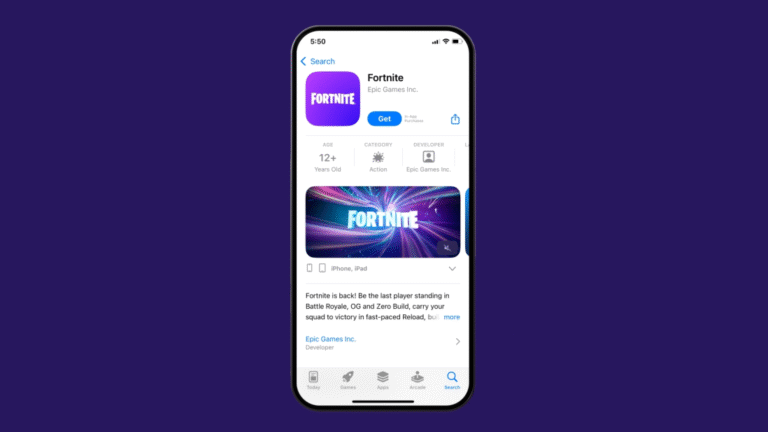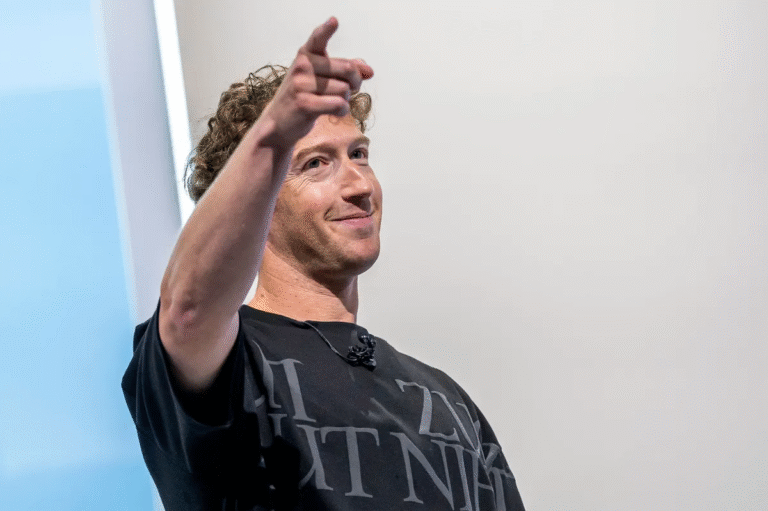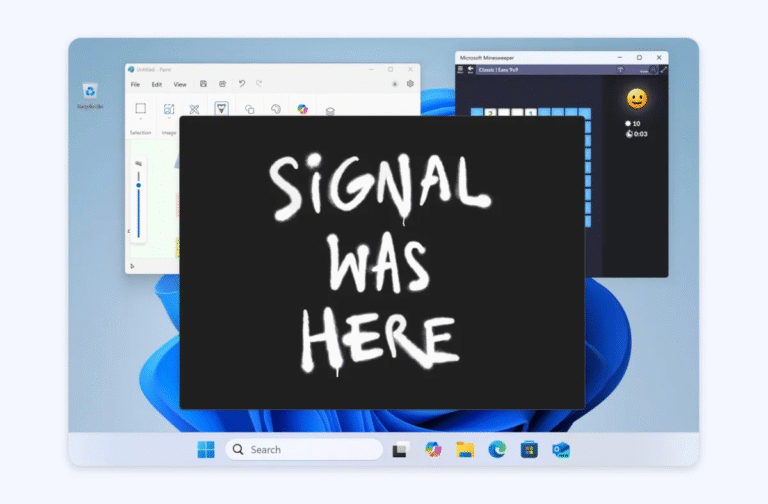Meta has taken a firm stance against internal leaks, warning employees that those caught disclosing confidential information will face termination. This warning followed a recent all-hands meeting where CEO Mark Zuckerberg’s remarks were quickly leaked, prompting a strong response from company executives.
Meta’s Strict Anti-Leak Measures
In an internal communication, Chief Information Security Officer Guy Rosen emphasized the company’s determination to address unauthorized disclosures. “We take leaks seriously and will respond accordingly,” Rosen stated. He explained that beyond security risks, leaks damage team morale and disrupt productivity, pulling focus away from the company’s key objectives.
The memo also highlighted that Meta has already dismissed employees found responsible for leaking confidential information or taking sensitive company documents without authorization. Rosen reaffirmed that the company will continue enforcing stringent measures to protect internal discussions.
Zuckerberg’s Response to Transparency Challenges

During the meeting, Zuckerberg voiced frustration over recurring leaks, acknowledging that they have forced a shift in how Meta handles internal transparency. “We strive to be open, but everything I say ends up being leaked,” he said. “It’s frustrating.” His comments suggest that Meta may become less forthcoming in sharing internal information with employees.
Internal Employee Reactions
Following the meeting, Chief Technology Officer Andrew Bosworth addressed employee concerns on Meta’s internal workplace platform, “Let’s Fix Meta.” He noted that while many employees were upset about changes to communication policies, the decision was necessary due to ongoing confidentiality breaches. Bosworth even linked to a report detailing the all-hands meeting, underscoring the company’s frustration with repeated leaks.
Impact on Meta’s Corporate Culture
Meta’s decision to crack down on leaks underscores a broader challenge in the tech industry—balancing transparency with security. Open communication fosters collaboration and trust, but repeated leaks can compromise internal processes and expose the company to competitive risks. By reinforcing its commitment to confidentiality, Meta is signaling a shift towards a more controlled internal environment.
As the company refines its internal policies, the tech community will be watching closely to see how these measures affect employee engagement and overall corporate culture. Whether these steps successfully prevent further leaks or create additional concerns about workplace transparency remains to be seen.








